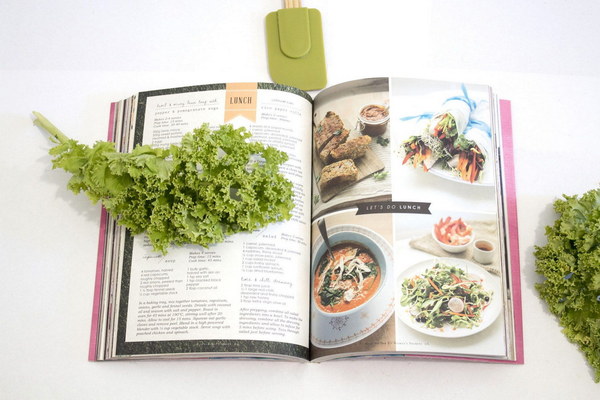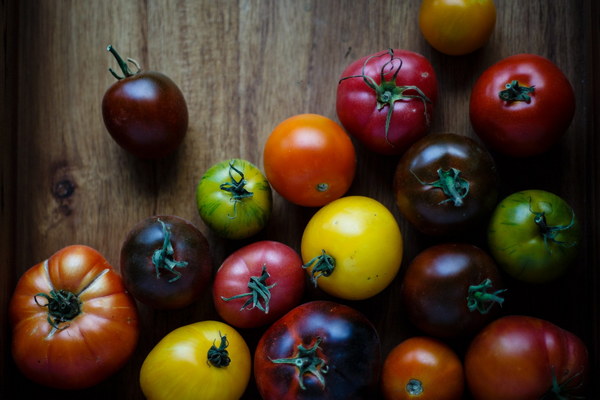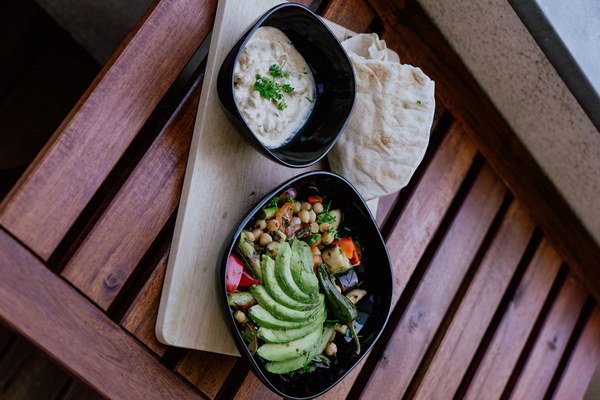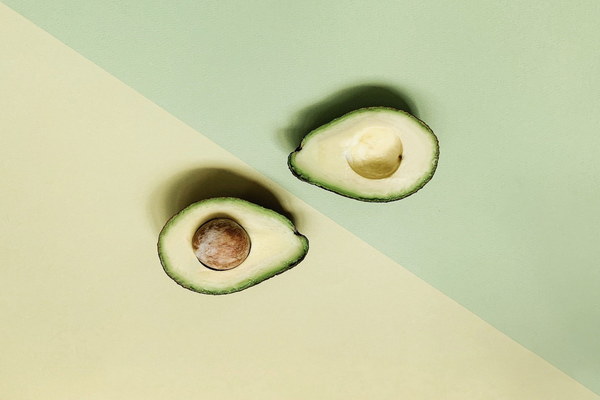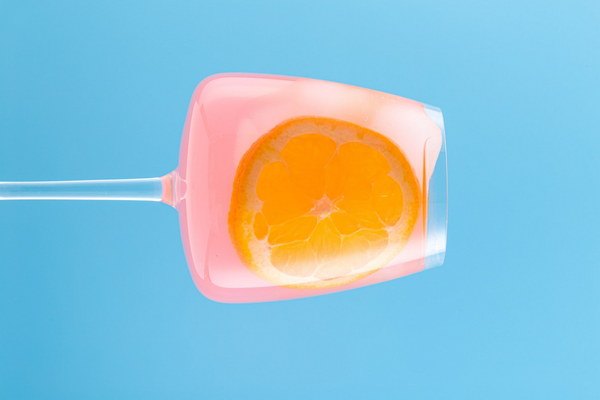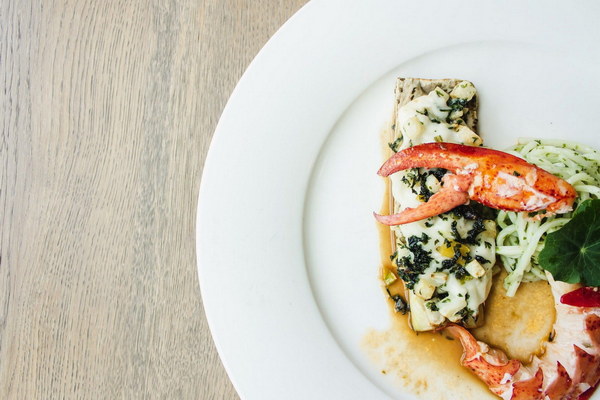Unveiling the Secret of Chinese Herbs How Traditional Remedies Can Alleviate UnderEye Bags Through Spleen and Stomach Nourishment
In the realm of traditional Chinese medicine (TCM), the concept of balancing the body's internal systems is central to maintaining overall health and beauty. One common concern that many people face is the appearance of under-eye bags, which can be caused by a variety of factors, including poor diet, lack of sleep, and stress. According to TCM, these issues often stem from an imbalance in the spleen and stomach. This article delves into the world of Chinese herbs and remedies that aim to nourish the spleen and stomach, thereby potentially alleviating the pesky under-eye bags.
Understanding the Spleen and Stomach in TCM
In TCM, the spleen and stomach are considered key organs responsible for the digestion and absorption of nutrients. The spleen is believed to be the root of Qi, or vital energy, and is responsible for transforming food into Qi and blood. When the spleen is weak, it can lead to various health issues, including bloating, fatigue, and indeed, under-eye bags. Similarly, the stomach is responsible for the digestion process, and an imbalance can lead to water retention, which may manifest as swelling under the eyes.
Chinese Herbs for Spleen and Stomach Nourishment
There are several traditional Chinese herbs that are commonly used to nourish the spleen and stomach, and which may help reduce the appearance of under-eye bags. Here are a few notable examples:

1. Astragalus (Huang Qi): This herb is renowned for its immune-boosting properties but also has a beneficial effect on the spleen and stomach. It is often used to strengthen the body's overall Qi and improve digestion.
2. Poria (Fu Ling): Poria is a mushroom-like herb that is believed to aid in draining dampness from the body, which can be helpful in reducing fluid retention and swelling.
3. Codonopsis (Dang Shen): Codonopsis is another herb that is often used to tonify the spleen and improve energy levels. It is believed to help in the absorption of nutrients and the prevention of fluid accumulation.
4. Bupleurum (Chai Hu): This herb is commonly used to harmonize the liver and gallbladder, which can be beneficial for those experiencing spleen and stomach imbalances.
5. Licorice (Gan Cao): Licorice is a sweet herb that is often used in Chinese herbal formulas to harmonize other ingredients and support the overall balance of the body.
Combining Herbs for Under-Eye Bag Reduction
To address under-eye bags specifically, TCM practitioners may create customized herbal formulas that combine these and other herbs. For example, a formula might include Astragalus and Poria to strengthen the spleen and drain dampness, while Codonopsis and Licorice provide support to the body's overall energy and balance.
How to Use These Herbs
Herbal remedies can be taken in various forms, including capsules, powders, or teas. It is important to consult with a qualified TCM practitioner before starting any new herbal treatment to ensure that it is appropriate for your specific condition and to receive guidance on the correct dosage.
Conclusion
While there is no one-size-fits-all solution for under-eye bags, traditional Chinese herbs offer a holistic approach to addressing the underlying imbalances in the spleen and stomach that may be contributing to this common cosmetic concern. By focusing on the body's internal systems, TCM provides a unique perspective on beauty and health that may offer relief and rejuvenation for those struggling with under-eye bags. Always seek the advice of a professional before beginning any new treatment regimen.

